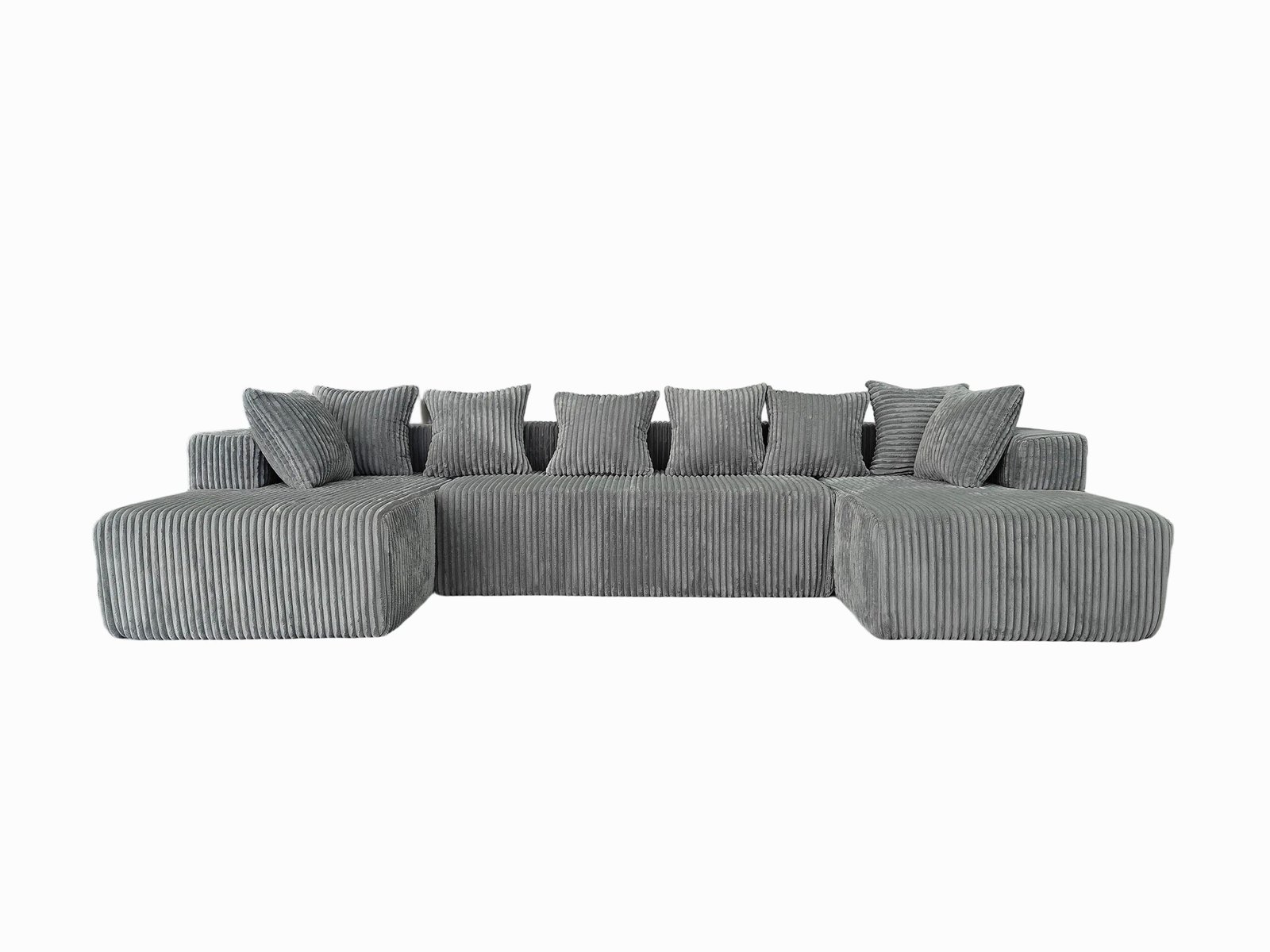
Rising freight costs squeezing your margins? Traditional sofas are bulky, inefficient to ship, and expensive to move.
Compressed sofa suppliers reduce shipping costs by minimizing package volume, increasing container utilization, and streamlining last-mile delivery through vacuum packaging and modular design.
Let’s break down exactly how the best suppliers cut shipping expenses—and how you can benefit from it too.
What’s the difference between traditional and compressed shipping?
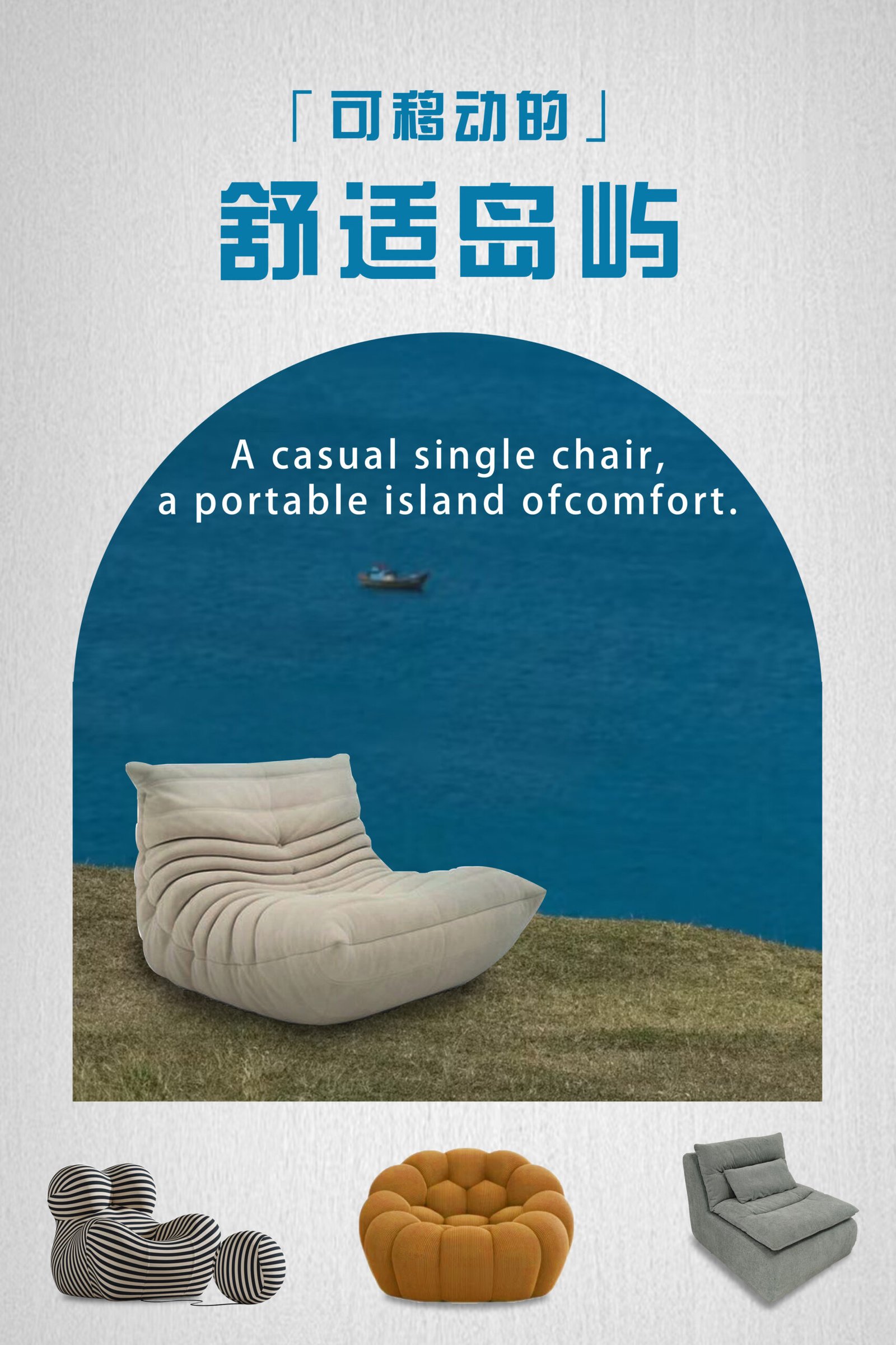
Shipping a fully assembled sofa is like mailing a fridge—it takes up space and costs a fortune. Compressed sofas change the game by reducing bulk at every stage.
Traditional sofas are shipped as bulky, assembled items, while compressed sofas are vacuum-packed or folded flat, allowing for 2–3x more units per container.
The shift in format leads to massive cost savings in shipping, warehousing, and final delivery.
Comparison Table:
| Feature | Traditional Sofa | Compressed Sofa |
|---|---|---|
| Avg. Volume per Unit | 1.5–2.0 m³ | 0.3–0.6 m³ |
| 40HQ Load Capacity | ~160 units | ~350–400 units |
| Avg. Freight Cost (Per Unit) | $40–$60 | $15–$25 |
| Handling Method | Forklift/2-man lift | 1-person lift |
I made the switch to compressed shipping in 2022. My average cost per unit dropped by over 40%, and I could fit more styles per shipment.
How do vacuum compression and folding work?
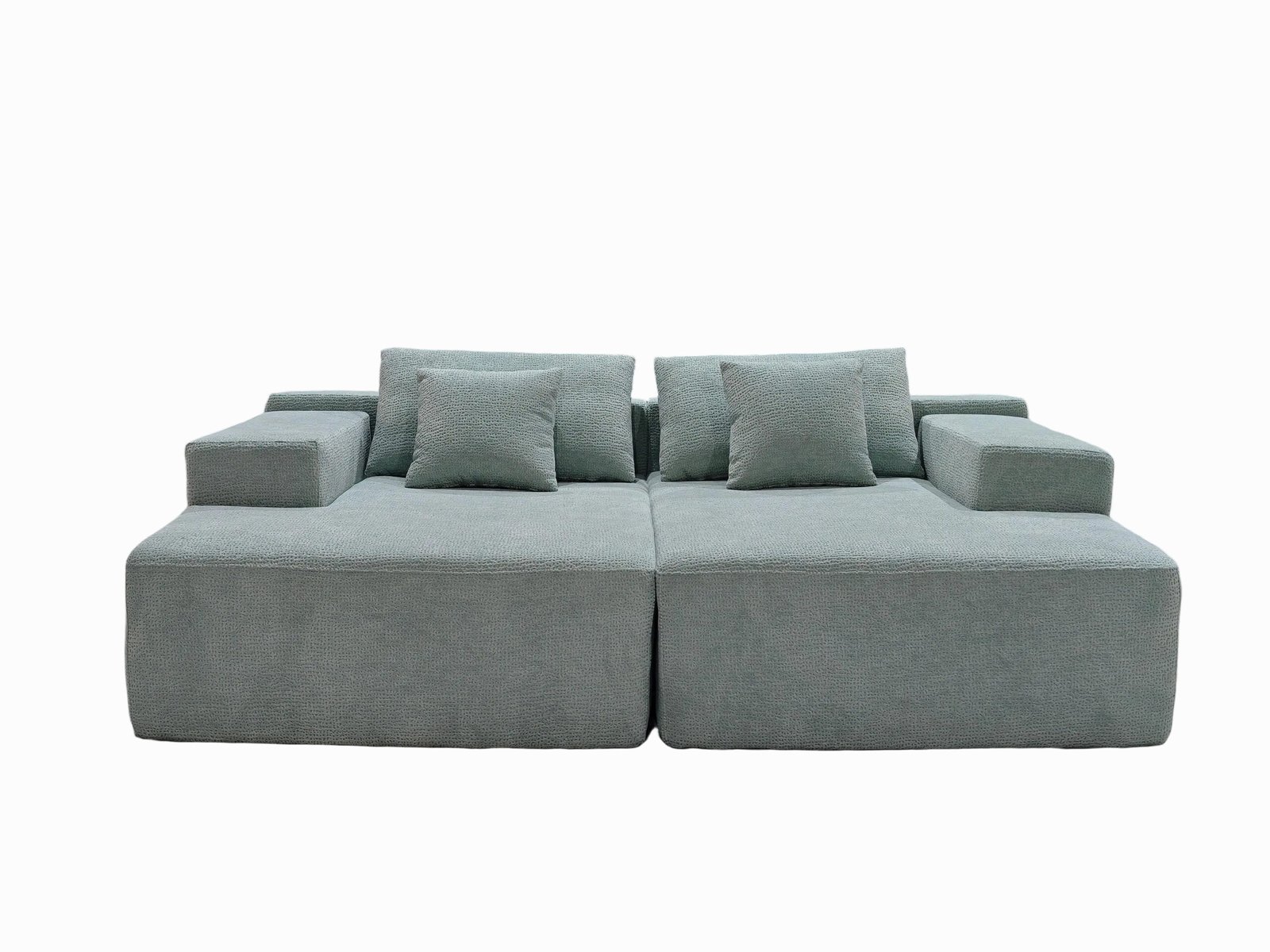
It’s not just about squashing the sofa—it’s engineering. Suppliers use smart methods to compress without damage.
Compression tech involves vacuum-sealing cushions, disassembling frames, and folding upholstery into a flat pack—optimized for cube space.
Two Main Methods:
- Vacuum Packing: Removes air from cushions and shrink-wraps foam components.
- Flat Folding: Detachable parts like arms, legs, and backrests are packed separately in compact boxes.
At HEYAN, our production lines use automated rollers to press and seal seat cushions. Frames are designed to assemble without tools, making post-delivery setup fast and easy.
Why does higher container density matter?
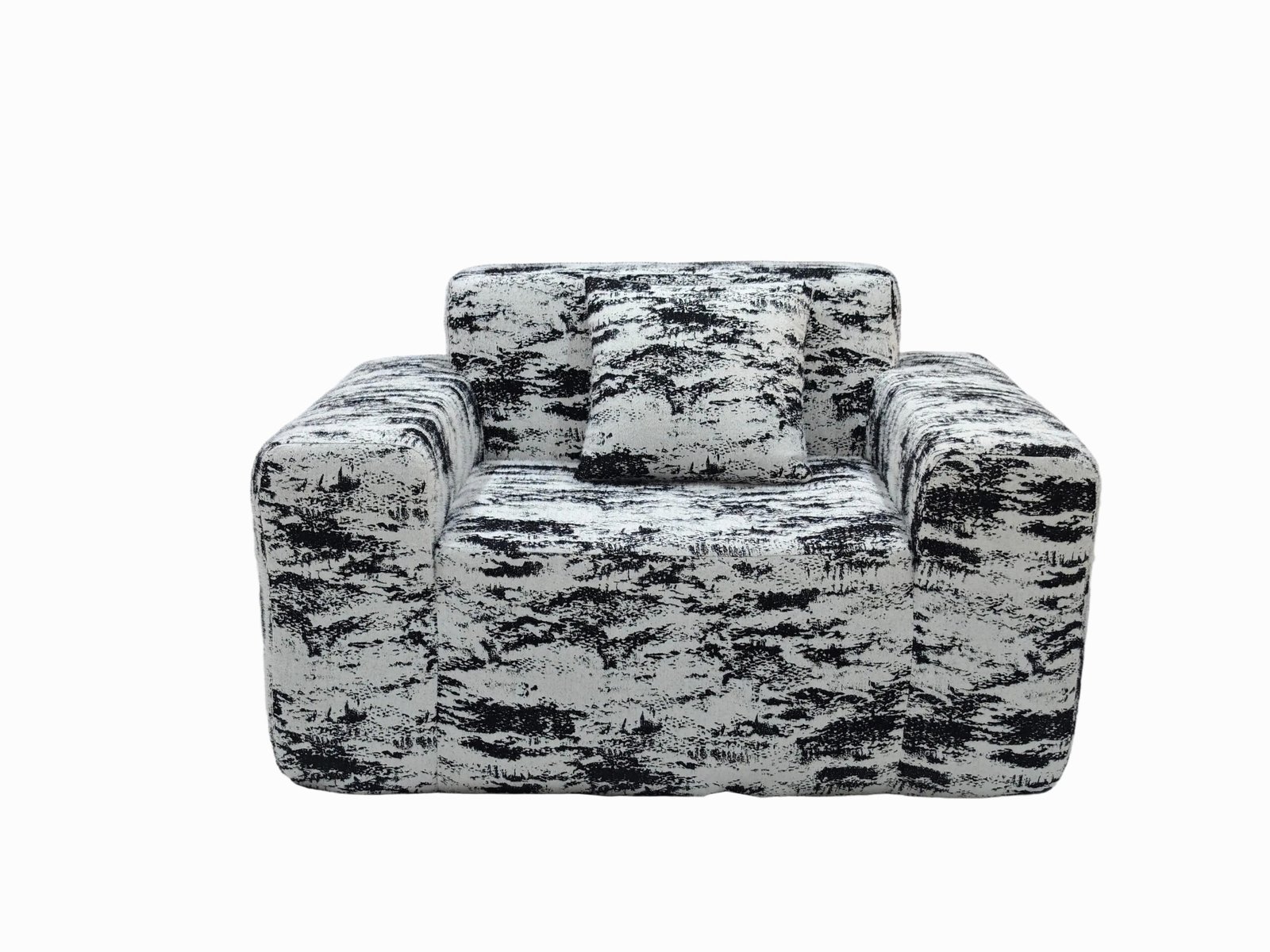
Shipping isn’t priced by item—it’s priced by cubic meter. The more you fit, the less each piece costs.
Compressed sofas allow you to fill more units per container, effectively reducing your freight cost per sofa by up to 70%.
When we started using compressed packaging, we went from 170 sofas per 40HQ to over 360 units. That meant:
- Lower landed cost
- Higher SKU variety per shipment
- Fewer containers per quarter
This not only reduces transportation fees, but also cuts customs clearance and port handling charges.
How do compressed sofas improve last-mile delivery?
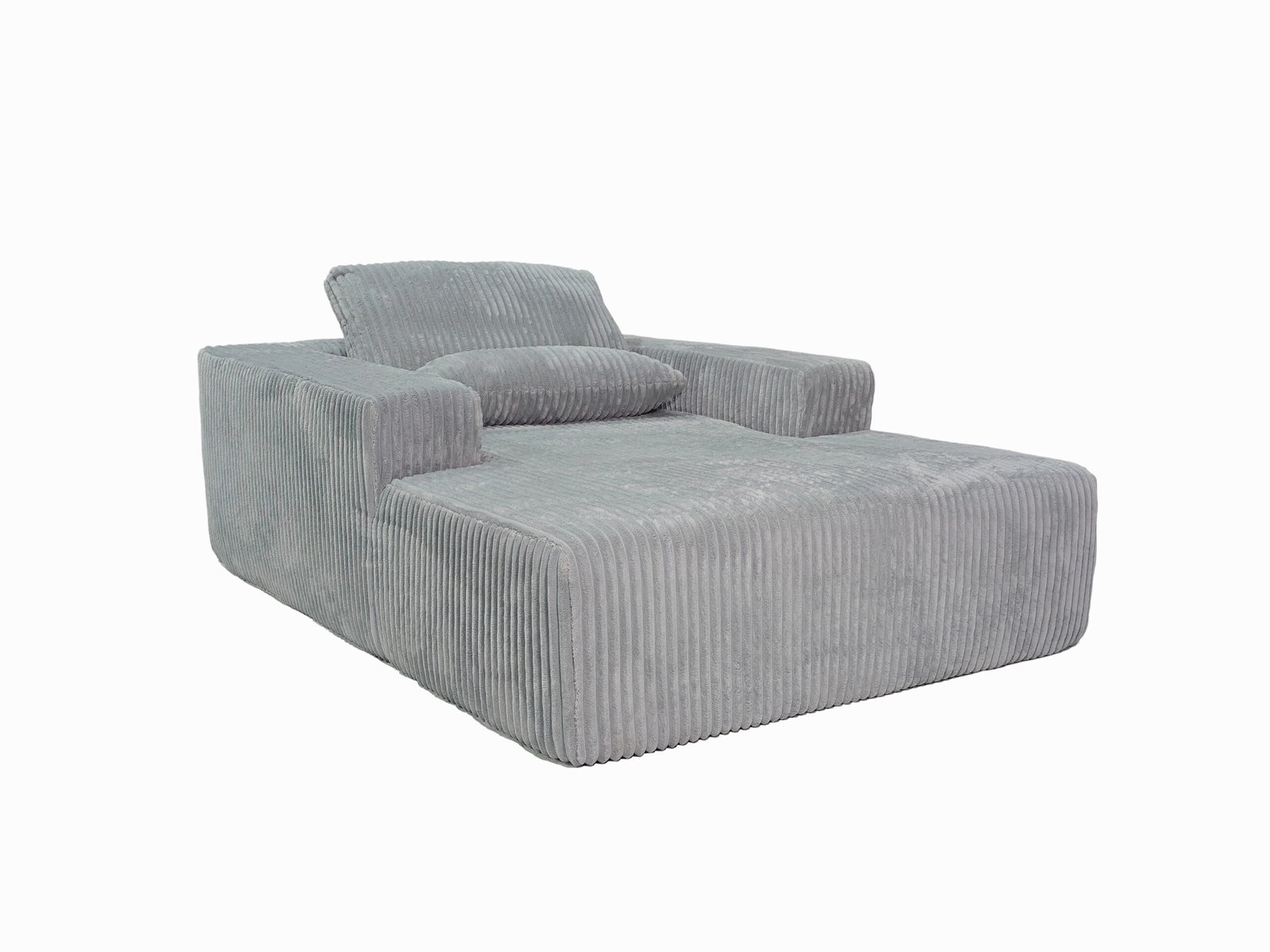
Final delivery often costs more than container freight. If your sofa needs a truck and two guys to unload, you’re paying extra.
Compressed sofas are boxed like appliances—couriers can deliver them solo, reducing final delivery costs and damage risk.
I’ve shipped thousands of compressed sofas directly to Amazon FBA and Shopify customers. Since they weigh less than 50kg, carriers like FedEx, UPS, and SF Express can handle them with no surcharge.
Delivery Improvements:
- Reduced labor cost: One-person unload
- Easier warehouse routing: Barcode on each box
- Lower damage claims: Foam protected inside compression wrap
The result? Faster delivery, happier customers, and fewer returns.
Are there hidden cost savings beyond freight?

Yes. Compressed sofas reduce costs in every part of the logistics chain.
From warehousing to packaging to damage claims, every downstream process gets cheaper with compression.
Additional Savings:
| Category | Cost Benefit |
|---|---|
| Storage | 50% less space needed |
| Packaging | Less filler, reduced carton size |
| Returns | Lower breakage in transit |
| Fulfillment | Faster pick & pack with stackable boxes |
| Labor | Fewer workers for unload/setup |
By switching to compressed sofas, we cut warehouse rent by 30% and increased SKU count per aisle by 80%.
Can smaller brands benefit too?
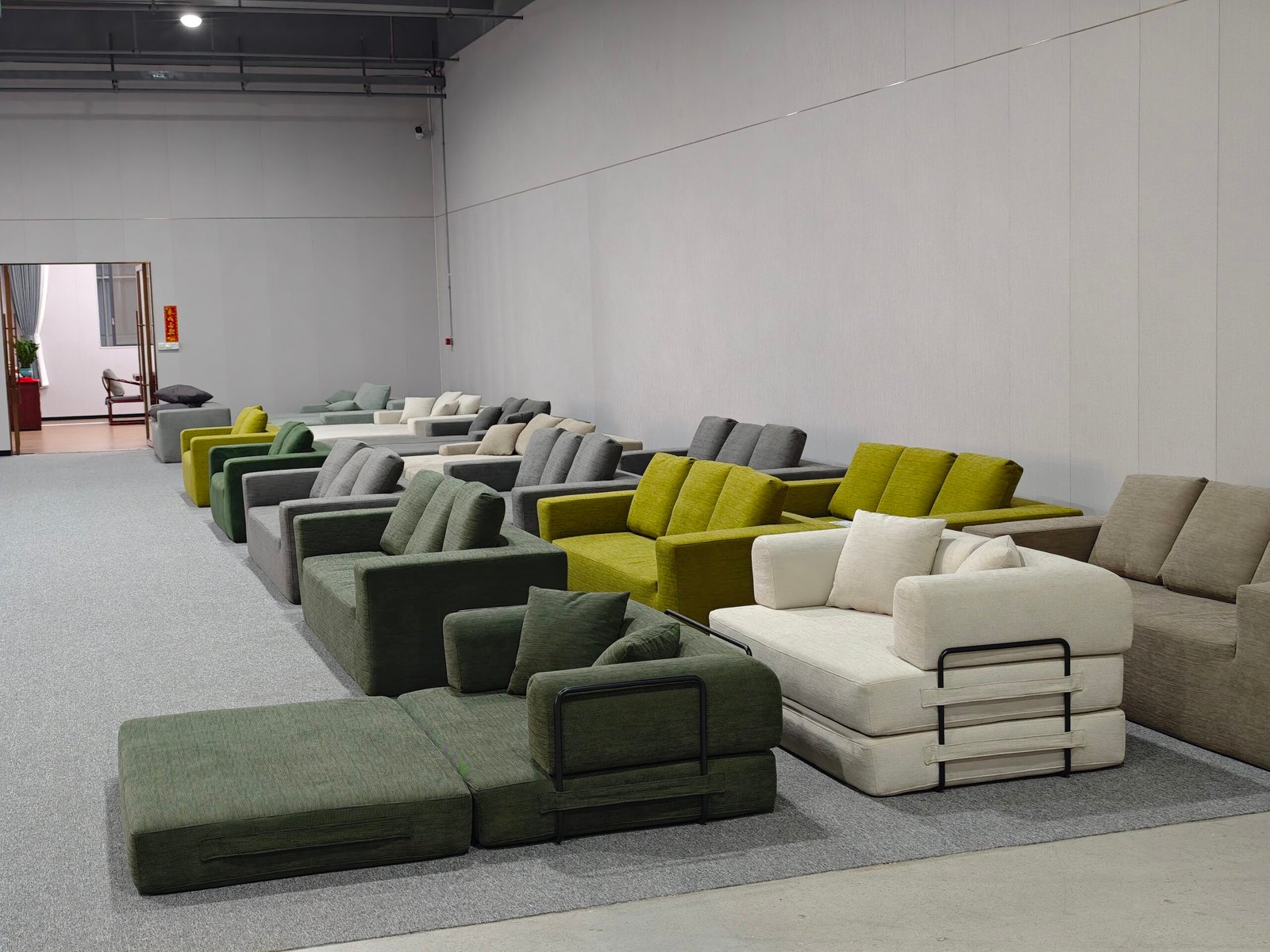
Think this is only for big-box retailers? Not at all. Small businesses and online sellers gain even more.
With compressed formats, small brands can reduce MOQs, lower entry costs, and ship direct to customer—all with better unit economics.
If you’re using Shopify, TikTok, or Amazon FBA, compressed formats let you:
- Ship DDP to target countries
- Avoid oversized shipping fees
- Store in smaller fulfillment centers
For example, our Canadian client saved over $5,000 on just one 100-unit FCL shipment using compressed models.
What role do suppliers like HEYAN play?
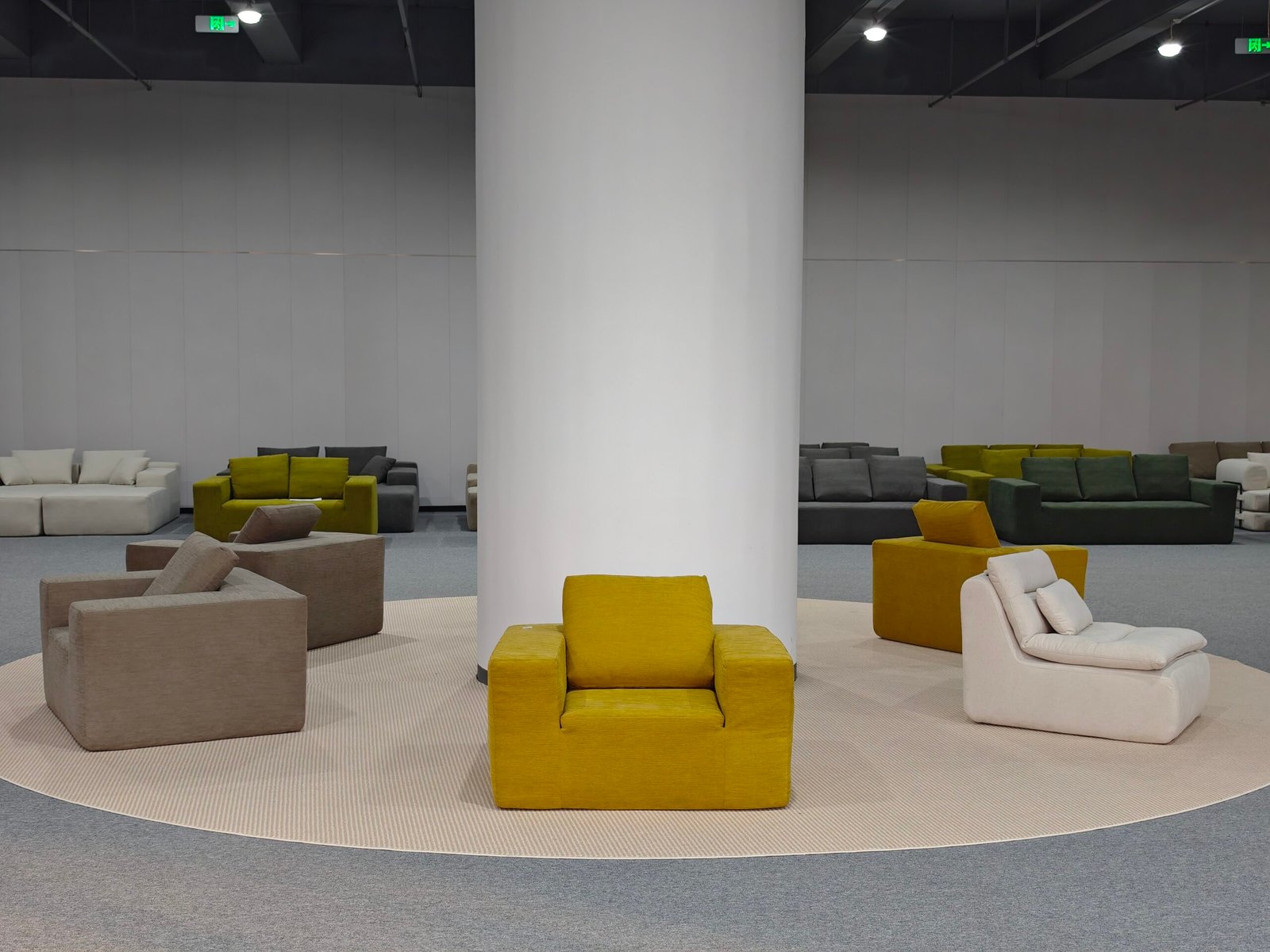
Suppliers like us don’t just build sofas—we build supply chain solutions.
At HSM (HEYAN), we help clients optimize their shipping cost with AI-calculated compression, modular design, and real-time packaging previews.
With over 10+ automated lines and 15 years of expertise, we:
- Customize sofa dimensions for container fit
- Provide DDP quotes with compression specs
- Offer logo-printed cartons to reduce unboxing costs
When we co-branded a 300-piece order with a French seller, they launched under their own brand with just one container—and 50% lower freight cost.
Conclusion
Compressed sofa suppliers don’t just ship furniture—they help you scale smarter by cutting waste, costs, and complexity.